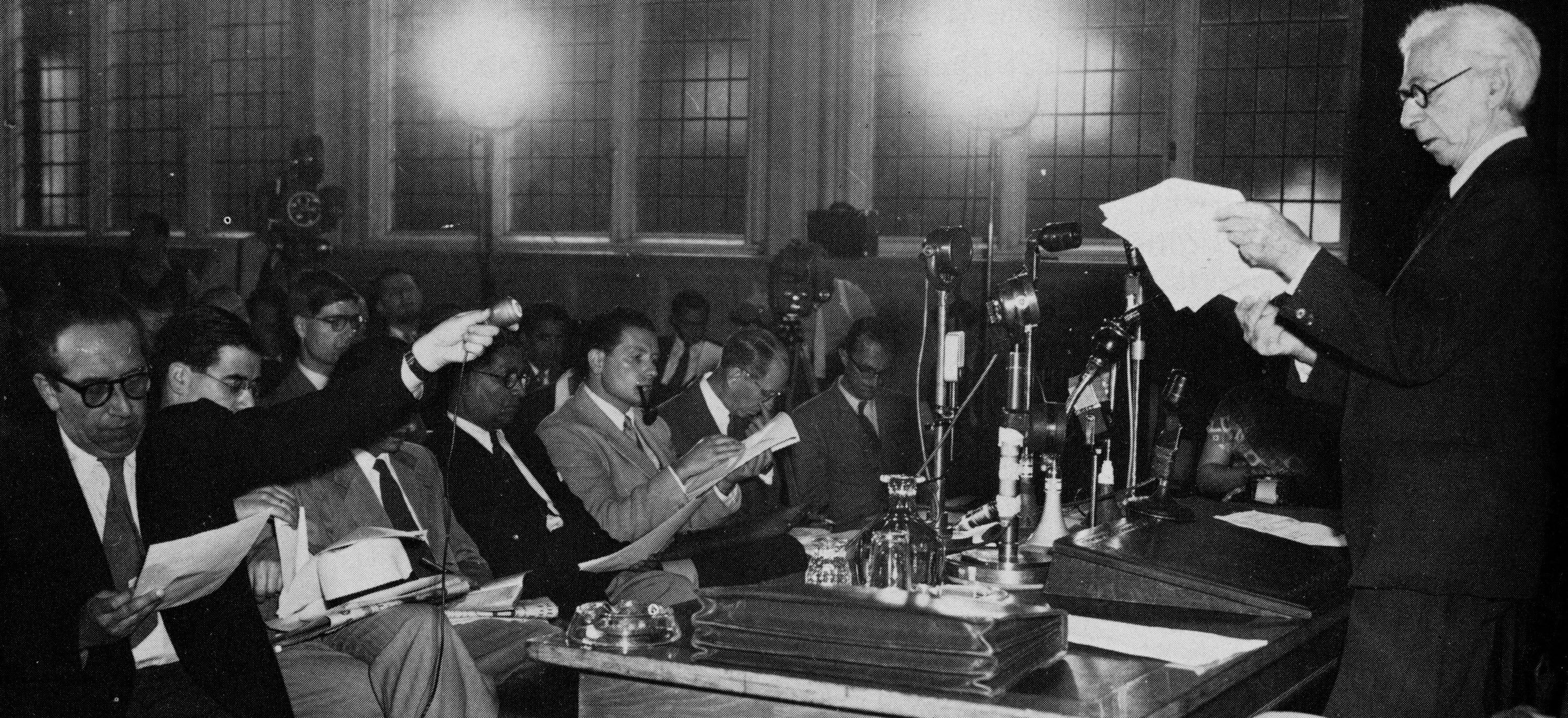On 9 July 1955, Bertrand Russell delivered a public statement in London on the dangers of nuclear weapons; it has come to be known as the Russell-Einstein Manifesto. Warning that humanity’s "continued existence is in doubt" because of the possibility of a "war with nuclear bombs", it called on scientists to organize against this common peril by rejecting nationalism and agreeing to "remember your humanity, and forget the rest". This led in 1957 to the founding of the Pugwash Conferences for Science and World Affairs, which received the 1995 Peace Nobel Prize. This presentation will introduce Pugwash, its current status, and priorities. It will highlight some ways scientists today can act on the Manifesto’s call, including by advancing nuclear disarmament science, assessing the potential impacts of AI and quantum technologies on global security, as well as informing decision making.
About the speaker: Karen Hallberg is the Secretary General of the Pugwash Conferences on Science and World Affairs, a role she took up in January 2025. She is a physicist at the Bariloche Atomic Center, under the Argentine Council for Science and Technology, and Associate Professor of Physics at the Balseiro Institute (Argentine Commission for Atomic Energy and University of Cuyo). She received the 2019 L'Oreal-UNESCO International Award for Women in Science. She is a member of the Latin American Academy of Sciences, and the World Economic Forum Global Future Councils on the Future of Quantum Economy and Next-Generation Computing.
